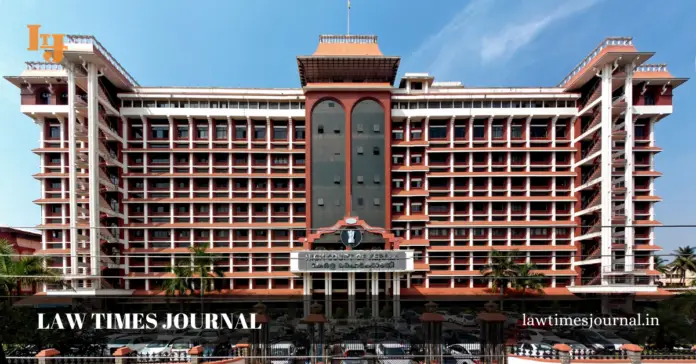
The Hon’ble Kerala High Court was hearing a revision appeal against the judgement of the Hon’ble trial court that had declared the accused guilty only based on his plea and without following proper guidelines.
The petitioner, Raseen Babu KM was being represented by Advocate D. Anil Kumar. The previous declaration which rendered the petitioner guilty had been passed by a First-Class Magistrate Court-1 Parappanagadi. The charges against him were those of obstructing a procession related to a school admission festival and assaulting a few volunteers according to the Kerala Prevention of Disturbances of Public Meetings Act.
The Magistrate had convicted the accused only based on a verbal confession that too after several adjournments before which the petitioner had pleaded guilty. The guidelines of such a process were not followed by the Magistrate. Therefore, the Hon’ble court laid down the same to make the proceedings of such a conviction clear.
The following guidelines have been laid down by section 240 and 241 of the Code of Criminal Procedure, 1973:
- The charges against the accused should be duly framed and an explanation of the offences that are alleged upon the accused.
- The charges should be read and explained to a clear understanding of the accused.
- The accused should be asked whether he admits to committing such offences and the answer should be procured without any threat.
- The accused should answer only after understanding the seriousness of the charges against him and their consequences. Misinformed consent is not to be given validation. The accused should answer completely out of his free will, sanity, and consent.
- The guilty plea should be recorded in the exact words of the accused as far as possible so that there are no possibilities of misrepresentation.
- The final conviction of the accused rests upon the discretionary powers of the magistrate who has the liberty to decide, after hearing the plea, if it can be accepted or not.
- If the guilty plea is accepted, the accused will be granted a suitable punishment under the laws.
The Hon’ble Kerala High Court, under Hon’ble Justice V.G. Arun, observed that the recording of the plea was not in accordance with one of the guidelines prescribed. It has been mentioned that the recording should be done in the words of the accused as far as possible. The same follows from section 243 of Cr. P.C, 1973. However, in the recording, the place where the accused had said a “yes” to the allegations labelled against him, is empty. This creates ambiguity and suspicion in the judicial proceedings.
The judge also observed that just the word “yes” does not amount to a plea admitting the guilt by the accused because the terms “plead” is inter alia but the word “guilty” means having committed a crime or a tort. The meaning of these terms should have been brought to the knowledge of the accused before he could be asked if he admitted to committing the offense or not.
Referring to the case Santosh versus. In the state of Kerala, it had been observed by the judge of a single bench that the accused may plead guilty at any stage of the trial. However, Justice V.G. Arun noted that the judgement does not apply in this case after the introduction of Chapter XXIA to the Code Vide Act of 2006 which provides for the pleading of guilty only at a stage where the trial is pending.
In the case that we are talking about, the fact that the accused had pleaded not guilty at an earlier stage cannot be ignored. The fallacies and defects in the recording of the statements by the magistrate are also to be taken into account. There have been instances of convicting people for offences they have not committed. There have been instances of false trials based on misinformation and procedural errors. Taking all of this into consideration, the Hon’ble Court has overruled that previous judgement given by the Hon’ble First-Class Magistrate and has reversed the validity of the guilty plea.








